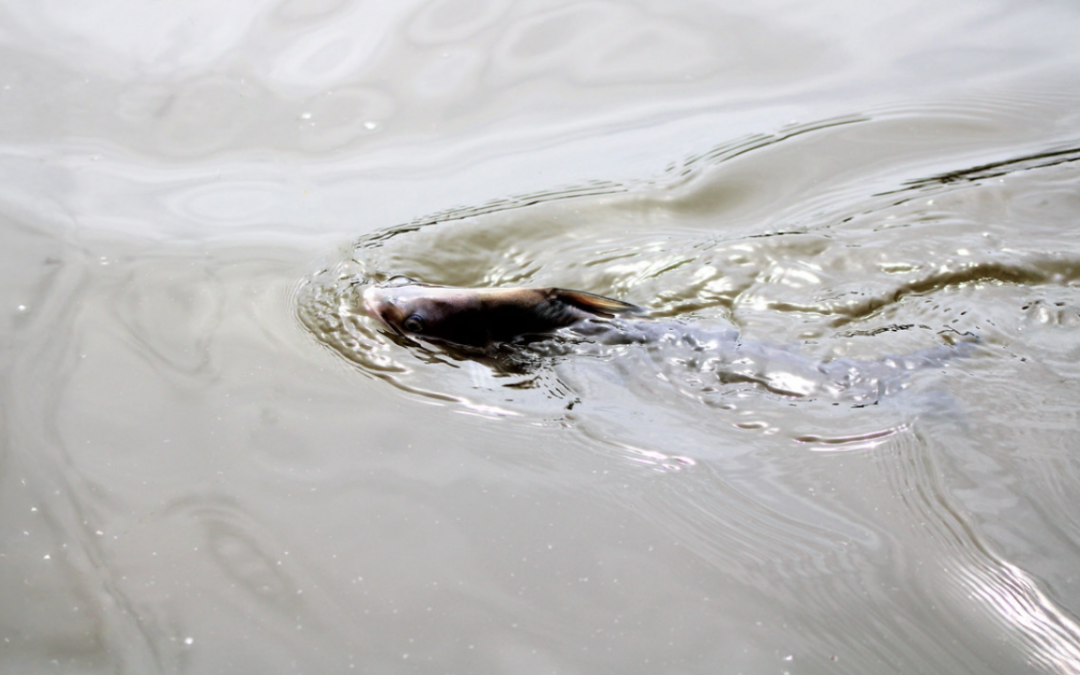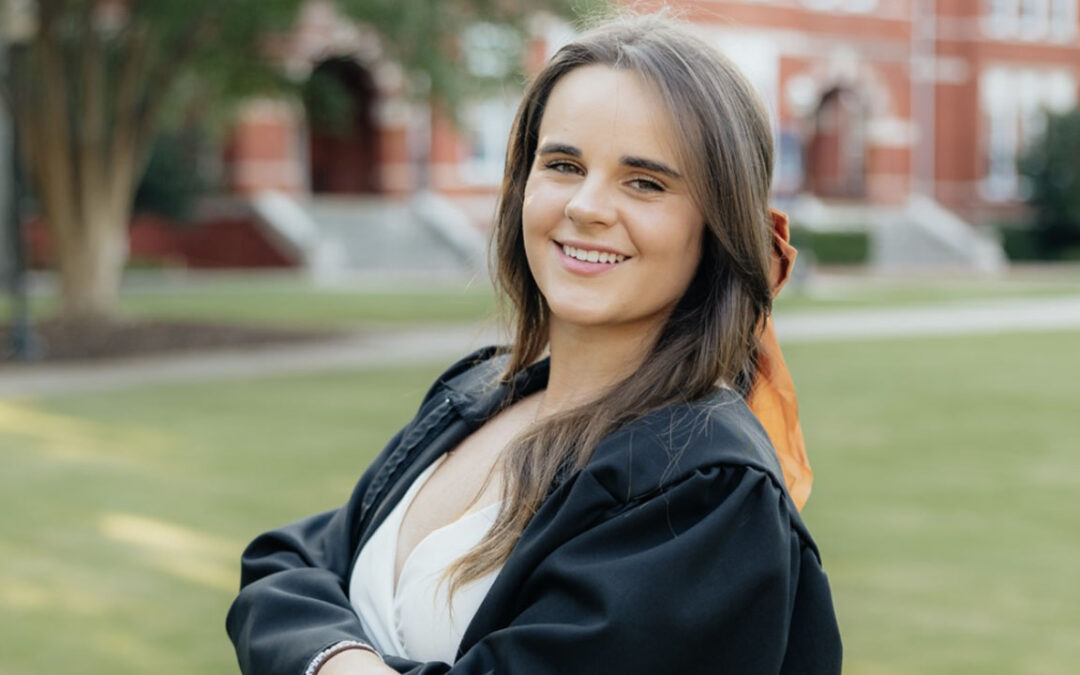
At its April 7 meeting, Auburn’s Board of Trustees gave final approval to construction of the new $2.1 million Fish Biodiversity Lab, shown in this architectural rendering. The new lab will be located at the E.W. Shell Fisheries Center on the north Auburn campus. Construction will begin this summer and should be completed in summer 2018.
Construction will begin this summer on three new College of Agriculture facilities that the Auburn University Board of Trustees signed off on at its April 7 meeting in Auburn.
The project list includes an 8,150-square-foot administration building at the Charles C. Miller Jr. Poultry Research and Education Center as well as a 5,000-square-foot Poultry Infectious Disease Biocontainment Research Facility and a 4,550-square-foot Fish Biodiversity Lab. All three facilities will be located on the north Auburn campus.
College of Agriculture Dean Paul Patterson said he appreciates the board’s unanimous support for the construction projects.
“Auburn’s poultry science and fisheries, aquaculture and aquatic sciences programs are already recognized nationally and internationally for excellence in research and education,” Patterson said. “These new facilities approved by the board will advance the two programs’ standing as global leaders and at the same time strengthen our research and teaching infrastructure here at Auburn.”
The Miller Center administration building that Auburn trustees approved is part of an initiative that began in 2009 to relocate the Poultry Research Farm from the site it has occupied for four decades on the south side of campus to Auburn Lakes Road in north Auburn. The administration building, scheduled for completion in spring 2018, will feature a multipurpose meeting room, a conference room and pre-function area, a business center and offices for support personnel.
The estimated cost of the building is $2.95 million, to be financed by gifts and College of Agriculture funds.
“This administrative building will serve as the gateway to the research farm and also a site for the poultry science department’s academic and extension activities,” Patterson said.
Poultry sciences’ new infectious disease research facility, meanwhile, will significantly enhance Auburn poultry scientists’ capabilities for working with highly infectious disease agents and live birds once it is completed in summer 2018, said Don Conner, Department of Poultry Science professor and head.
“Beyond providing the required biologically safe environment and ensuring that Auburn meets and exceeds state and federal compliance standards, this facility is essential for recruiting and retaining faculty and graduate students, not only in the College of Agriculture but also in the College of Veterinary Medicine,” Conner said. “Most important, it will allow us to provide the new knowledge and technology to address diseases that threaten the economic performance of Alabama’s poultry industry.”
The $2.7 million disease lab will be located on Auburn Lakes Road, about a mile south of the Miller Center. University General Fund dollars will finance construction of the facility and of the $2.1 million Fish Biodiversity Lab that will be built at the School of Fisheries, Aquaculture and Aquatic Sciences’ E.W. Shell Fisheries Center on Alabama 147 three miles north of downtown Auburn.
The biodiversity lab, which works closely with federal and state agencies on the conservation of nongame freshwater fish species, has been housed for many years in a decades-old Woodfield Drive building that the university now intends to raze to make way for a new performing arts center.
Much of the work in the Fish Biodiversity Lab focuses on the impact that human activities, such as road and bridge construction, have on nongame fishes in streams and rivers. A key area of that research is bioacoustics—investigations of the sounds that fishes and other vertebrates produce and hear.
The new facility, which is scheduled for completion in summer 2018, will feature state-of-the-art wet labs, a soundproof room for the bioacoustics research, a hormone collection and acoustic playback lab, a specimens-processing and –examination lab and an ichthyology teaching lab complete with Auburn University’s substantial teaching collection of fishes; one of the largest in the region. Other elements will include office spaces and a boat storage facility.




